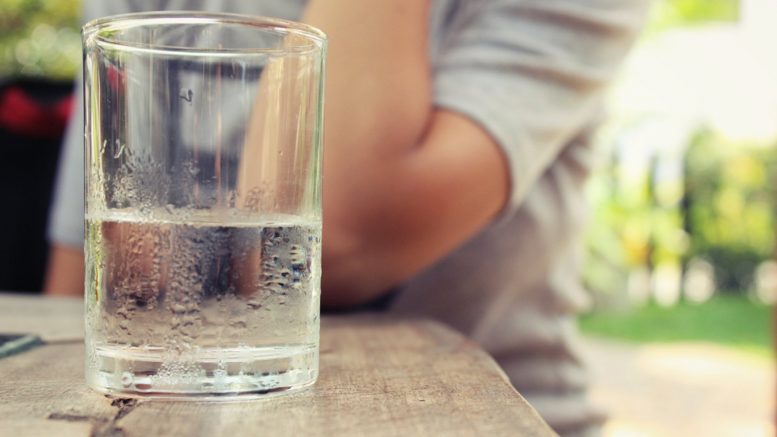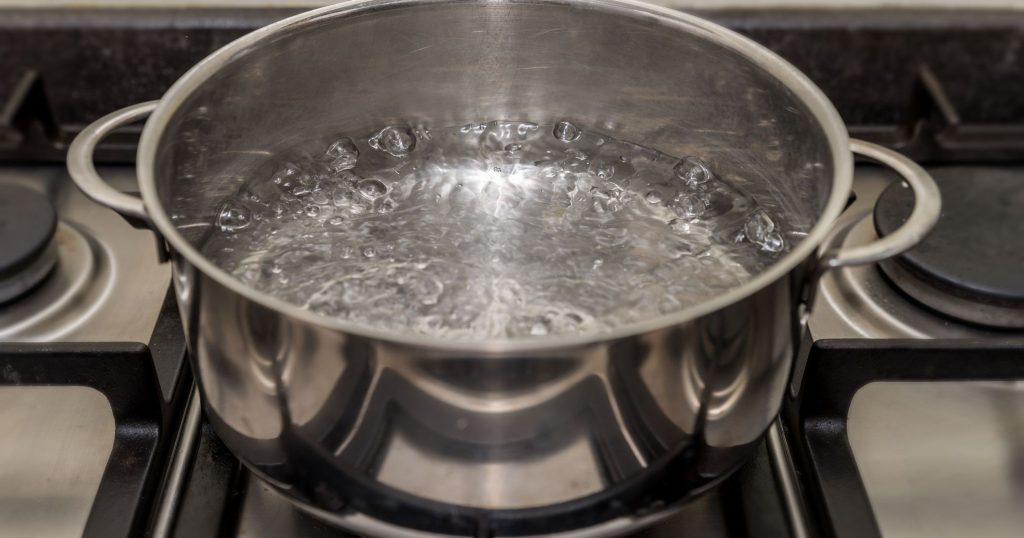‘’ A drop of water sustains our life.’’ One can survive for a week even without food but not a single day without a drop of water. The old saying goes truly ‘’Water water everywhere but not a single drop for drinking’’ as the life savor has been changed into the fatal killer due to the Global warming, so called industrialization or may be modern civilization.
According to the WHO(World Health Organization) approximately 3.4 million people are losing their lives due to the water born diseases. But we should not be worried as different types of WATER PURIFIER are there in the Global market at this contemporary era.
Though the natural sources like River, Lake, Stream, Spring can save our lives by providing the crystal clear , safe and pure water. The water which we collect from the taps or artificial resources, should be purified before drinking to save our valuable lives from the grip of various ailments like dysentery, giardia, hepatitis, etc. since ancient times the various process of drinking water purification has been used.
But we should not be worried we can purify our drinking water through the 9 EASY WAYS ,
BOILING
The most easy, effective and common straightforward process to purify our drinking water is Boiling.
REQUIREMENTS
A metallic or ceramic container, source of fuel to make fire like stove or camphor etc.
PROCESS
Water should be brought to full rolling boil (boiling point 100 degree centigrade) for 10 minutes to be safe .Now shake ,stain and make ready for drinking after cooling naturally.Heat works here as the WATER PURIFIER.
ADVANTAGES
The organic living germs like Bacteria, Parasites,and other living pathogens can be killed.
DISADVANTAGES
The chemical pollutants can not be evaporated.
FILTRATION

- FILTRATION THROUGH CLOTHS.
REQUIREMENTS
Two containers, ordinary white thin cloth or discarded old cloth.
PROCESS
Raw water is passed through the thin cloth. The thin cloth is the WATER PURIFIER here in this process.
ADVANTAGES
It can only filter raw water containing impurities like plant debris, insects or coarse mud particles.
DISADVANTAGES
This process is efficient to remove only the physical hazards but not the
FILTRATION THROUGH CLAY VESSELS
REQUIREMENTS
Clay Vessels with a suitable pore size are used widely to filter highly muddy water.
PROCESS
Turbid water is collected and placed in a big porous jar to be settled down. And then the water in the jar will trickle through the porous wall of the clay jar. Clay vessels act as the WATER PURIFIER.
ADVANTAGES
Large and heavy physical metals can be removed.
DISADVANTAGES
Slow process not much effective, chemical contaminates can not be removed.
DISTILLATION
History says, this process has been implemented by the Ancient Greeks since about 200 A.D. Process have changed over a time but Science remained same.
REQUIREMENTS
A boiling pot, a container to collect the condensation, a tube to allow the vapor to travel through and a heat source.
PROCESS
Once the water begins to boil, the evaporation
CHLORINATION
History says water purification through the Chlorination process is implemented since 1797 in UK but continuously from 1807 in Belgium.
REQUIRMENTS
One container, liquid chlorine or chlorine tablets.
PROCESS
Place water in a clean container and add the liquid household bleach or chlorine according to the following table—
16 drops of bleach can purify four liter container of water or a gallon of water.
8 drops of bleach can purify two liter or half gallon container of water.
4 drops of bleach can purify one liter container of water.
Mix carefully and permit to stand for at least 30 minutes or atleast an hour if the water is chalky before using. Scented chlorine should not be used. Chlorine is added here as the WATER PURIFIER.
ADVANTAGES-
Tabs are light weight compact kills viruses, bacteria, giardia more effective with the filtration and inexpensive.
DISADVANTAGES
Waiting time ,non effective against cyclosporum and cryptosporidium.




Be the first to comment on "4 EASY WAYS TO PURIFY DRINKING WATER"